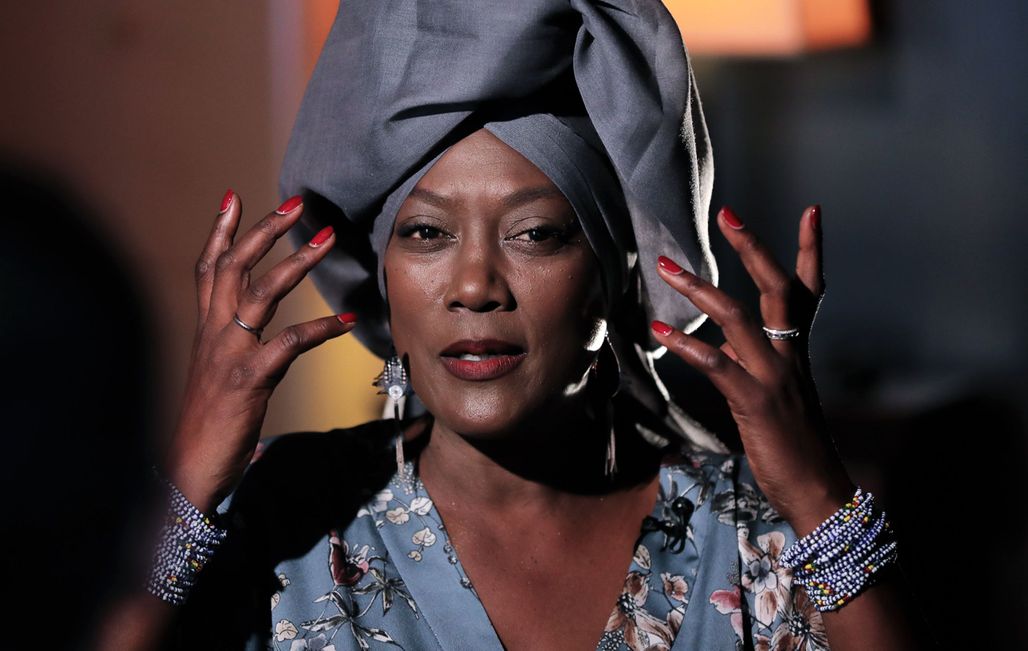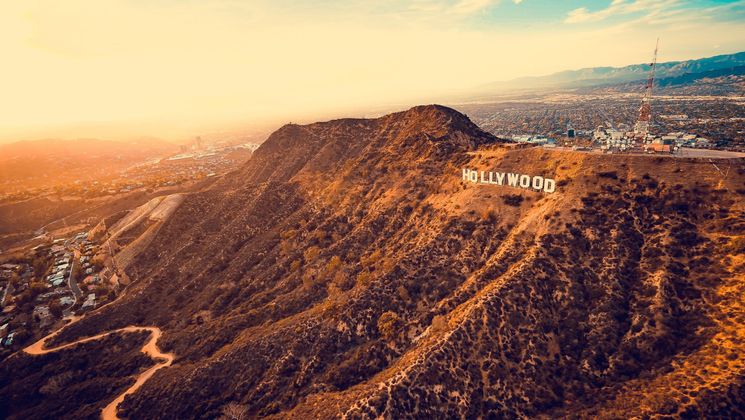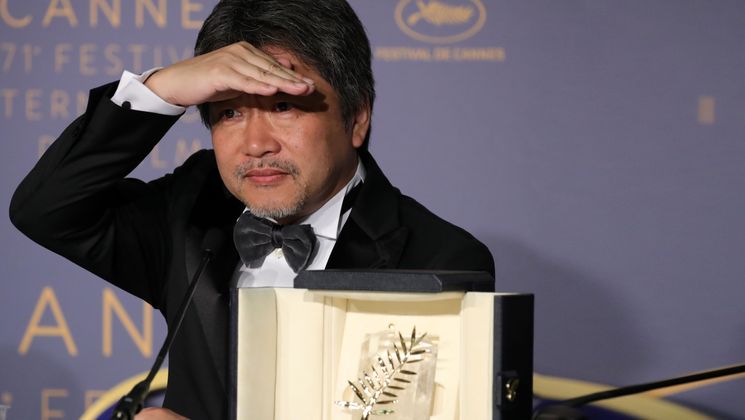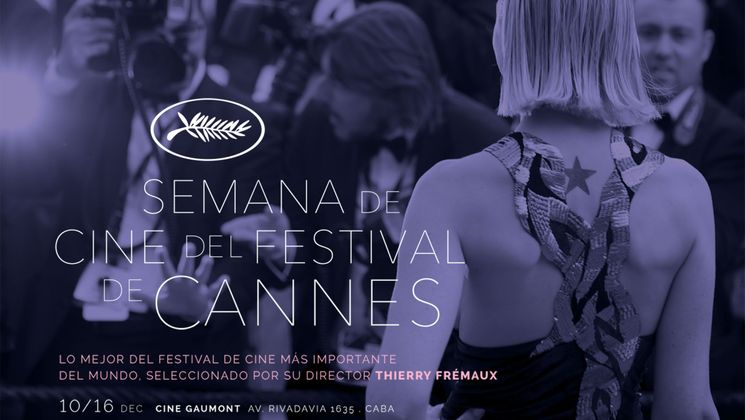
Interview with Khadja Nin, member of the Feature Films Jury

Her songs, which blend Western pop and Afro-Cuban rhythms, have won her international renown. At the age of 58, Burundian singer Khadja Nin has now shifted from being on stage to defending political causes that are close to her heart. Louis de Funès, Jeanne Moreau and African cinema: Khadja Nin evokes her vision of cinema.
What mindset are you adopting for your role as a member of the jury?
A very hardworking and studious one: I’m on my sixth film! For me being part of this jury is a gift fallen from heaven. When I was offered the opportunity to be one of the eight jury members of this 71st edition, I first thought it was a joke. I immediately accepted of course. Even today I still don’t understand why I was chosen! It’s a great honour and a great sign of respect since the Palme d’or is an important award in the life of a film and a director. I’m taking my role very seriously.
Which criteria will you defend the most?
I’ll defend emotions. It’s very important point common to all the members of this jury. I was asked not to judge the films on their technical merits but rather on two aspects that are very comprehensible to me: emotion and feelings. Of course, the technical criteria will then have to be used to decide between those works that touched us the most. This will be the time when the cinema professionals on the jury will have to express themselves.
Let’s go back in time: What was your first striking experience with cinema?
I used to go to the cinema a lot when I was young, before leaving Burundi. My friends and I didn’t have any money, so we would smooth talk the usher, whom we knew well, but he was afraid of getting into trouble. Eventually, he’d let us in, but sometimes we’d miss the start of the film because we had to negotiate with him for a long time. I watched a lot of French feature films as well as Westerns and Kung Fu movies. I especially loved films starring Louis de Funès, who was a giant in cinema. He played the same role of the irascible policeman, but it always worked! Charlie Chaplin also inspired me. They were both giants.
Have you ever been tempted by cinema?
Yes, but nobody ever offered me anything! Right now would be the most appropriate time. In addition to Cannes, I’ve been invited to the Zanzibar Film Festival, which is being held in July. I believe that cinema is sending me a discreet invitation!
Up to now, Jeanne Moreau has been your only connection with cinema. She was the one who in 2000 produced the music video for your song “Mama”. How did this collaboration come about?
Yes, this is the only connection I have with cinema, but what a connection! At the time, she had just finished producing videos for Air France, and I thought they were excellent. I went to talk to my record company to ask them to contact Jeanne Moreau. Everyone had a good laugh and sarcastically replied, “And why not Spielberg too while you’re at it!”. But she immediately accepted. She wrote a magnificent storyline that I’ll never forget. For me, she represented freedom. She was a free-thinking woman, and with the benefit of age she became even more so. She was a role model. I’m very happy since it’s the only music video she ever shot.
“This generation of African film directors is very creative, committed and proud. They just need to be provided with the means to forge ahead.”
What is it that most brings cinema and music together in your opinion?
Creation! Cinema and music are also two remarkable storytellers, even if the medium is different. That said, cinema has more need of music than the other way around. What would cinema be without music? It’s one of the major actors in a film.
You’ve put your singing career to one side to devote yourself to political causes such as equality between men and women. In what way do you think cinema can contribute to changing things?
There are many ways to restore balance to things. And cinema is one of them. It can play an essential role by raising awareness and telling stories that make spectators realise what is at stake. But nothing will be more effective than educating children.
So cinema does not engage in enough activism in your opinion?
More of this type of cinema still needs to be distributed. And the obstacles are numerous.
What would you say is the current state of African cinema?
It is overflowing with universal stories to tell, and not only Afro-African stories. In Sub-Saharan Africa, directors suffer from a lack of resources, sufficient budgets, film industry subsidies as well as educational institutions for cinema professionals, and movie theatres! There are almost none left in the capitals. In North Africa, directors are provided with better support. All the actors in the industry must unite in order to make the rulers understand that culture, and particularly cinema, are key driving forces. Artists are very influential ambassadors. But I have high hopes since this African generation is very creative, upstanding and proud. They just need to be provided with the means to forge ahead.
During the Jury press conference, you brought up the complex situation of black French actresses, who are faced with discrimination. Can you tell us more about this?
Sixteen black French actresses have published a manifesto containing distressing and shameful testimonies. They’ve already suffered everything that other actresses are enduring around the world. But what's more, they are black…and every day are exposed to a multitude of unacceptable comments regarding the colour of their skin. All of them will grace the red carpet on 16 May thanks to the initiative taken by Aïssa Maïga.


